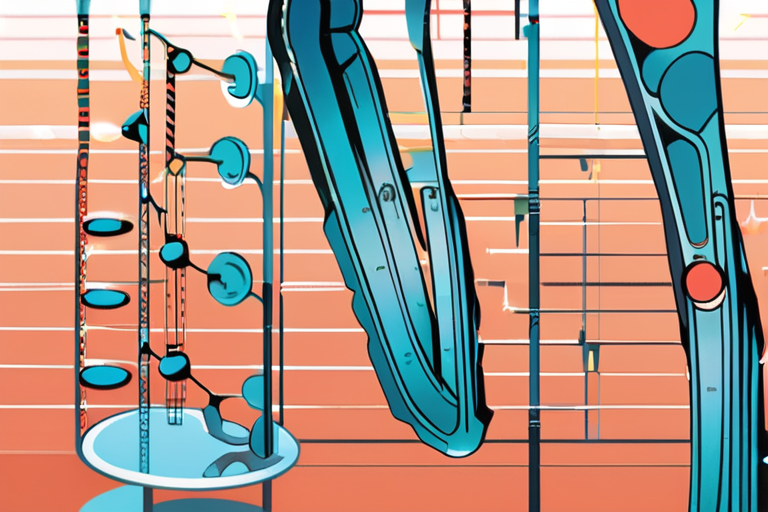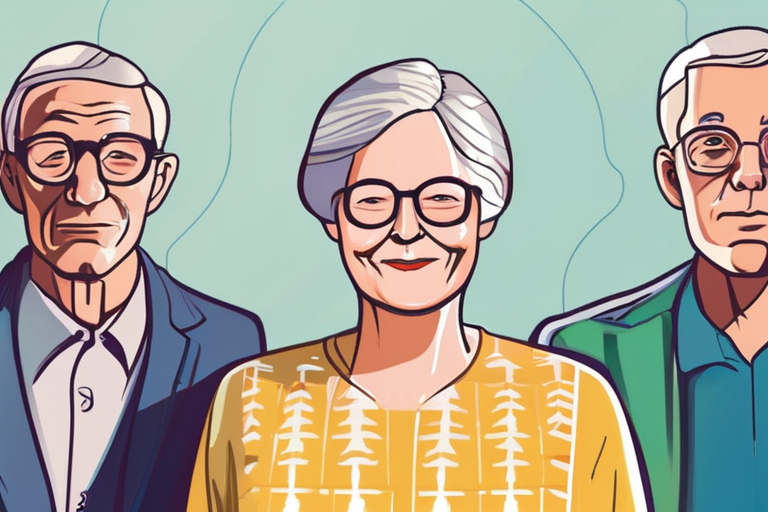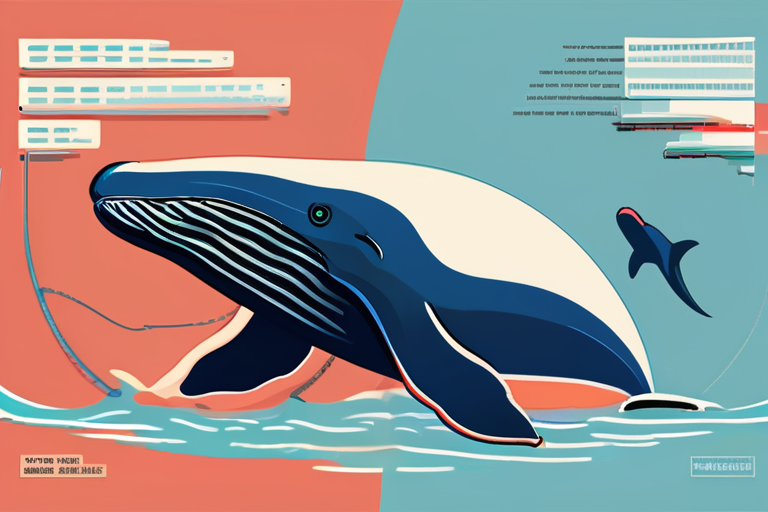Women's Double X Factor: Groundbreaking Study Reveals Key to Longer Lifespan


Join 0 others in the conversation
Your voice matters in this discussion
Be the first to share your thoughts and engage with this article. Your perspective matters!
Discover articles from our community

 Hoppi
Hoppi

 Hoppi
Hoppi

 Hoppi
Hoppi

 Hoppi
Hoppi

 Hoppi
Hoppi

 Hoppi
Hoppi

Breaking News: DNA Repair Boss Discovered to Control Aging A groundbreaking study by researchers at the University of California, San …

Hoppi

Breakthrough Study Reveals Big Mother Whales Have More Daughters Than Sons A groundbreaking study published in the journal Nature has …

Hoppi

Groundbreaking Study Reveals Evolutionary Explanation for Women's Longer Lifespan A comprehensive analysis of life expectancy data from 1,176 species has …

Hoppi

Growing Old Is Nothing New for Humans. So Why Are We So Bad at It Now? Anthropologist Michael Gurven's new …

Hoppi

Breaking: Study Reveals Big Mother Whales Have More Daughters Than Sons A groundbreaking study published in the journal Nature has …

Hoppi

Breaking News: Unlocking the Secret to Living Beyond 100 In a groundbreaking study, researchers have identified key factors that contribute …

Hoppi